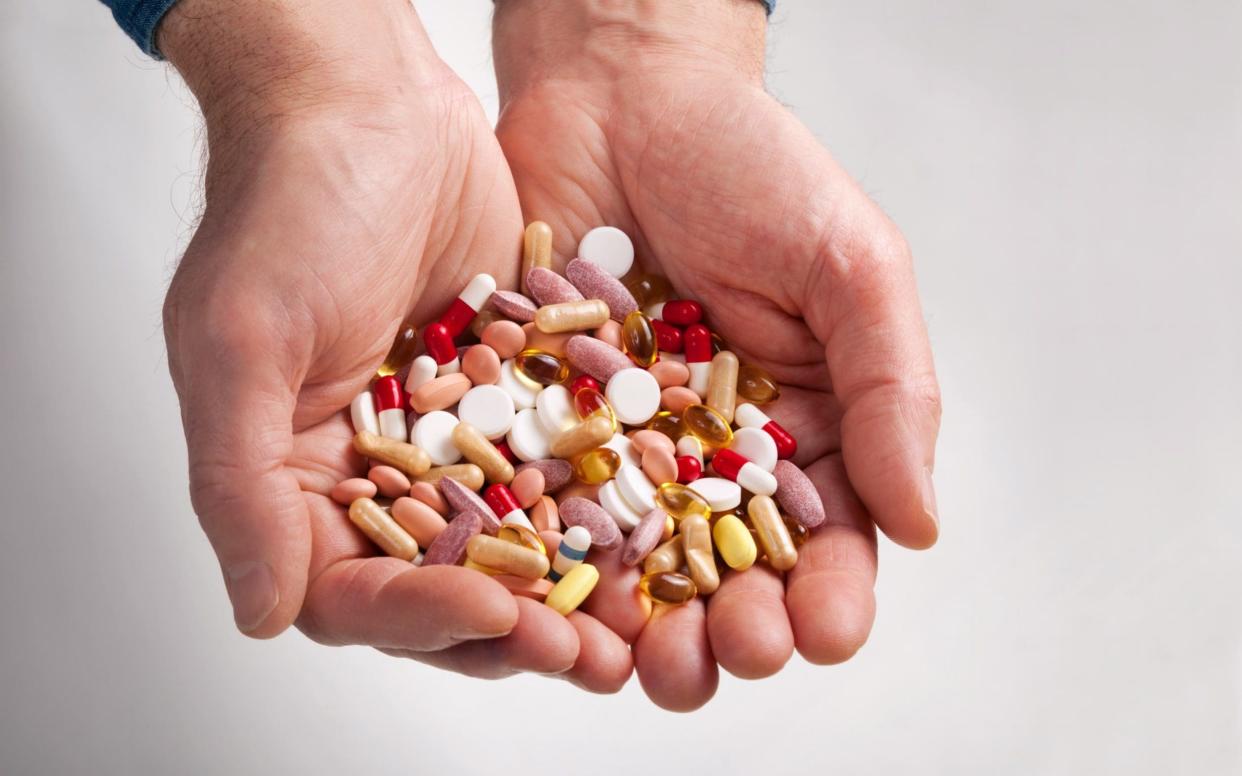Global crackdown seizes £10m of counterfeit medicines

UK authorities have intercepted more than a million doses of drugs worth £2million as part of a global crackdown on fake drugs and medical devices.
The UK confiscations were part of Interpol’s Operation Pangea initiative involving 116 countries. Between October 9 and 17 the Medicines and Healthcare Regulatory Agency (MHRA) and UK partners found falsified and unlicensed medicines and medical devices in the UK including the sedative diazepam, modafinil, a drug to treat narcolepsy, and dermal fillers.
MHRA enforcement officers raided a semi-detached property and a small lock-up unit in the north of England and made one arrest.
The operation was part of an international operation coordinated by Interpol to tackle the growing illegal trading in online medicines and medical devices.
Worldwide, Operation Pangea led to 859 arrests and yielded items worth in the region of £10.9 million. These included anti-inflammatory medication, painkillers, erectile dysfunction pills and even HIV medicines.

This is the 11th annual crackdown on fake medicines and Interpol secretary general Jurgen Stock said more packages were seized this year but the number of pills was lower.
“The actions of the police, customs and health regulatory agencies working together have forced the criminals operating illicit online pharmacies to change their modus operandi,” he said.
“Criminals are now shipping packages containing smaller number of pills and tablets to try and avoid the more stringent checks which have become routine in many countries as a result of the Pangea operations,” he said.
Criminals are also coming up with more creative ways to smuggle their goods past customs officials. In Poland, authorities found counterfeit contraceptive pills hidden inside DVDs while in Ireland sleeping pills were found inside a hollowed-out book.
UK officials also targeted airports and mail delivery centres. During the searches, officers found numerous packages containing illegal consignments of medicines and medical devices including many hidden within other innocent items such as video games and clothing.
The team also targeted websites on the open and dark web that offer falsified and unlicensed medical products. This has led to 123 websites being shut down and the removal of 535 online adverts.
A report by the World Health Organization last year highlighted the problem of fake drugs and estimated that one in 10 medicines sold in Africa are "falsified or substandard". These can range from drugs which could kill or seriously injure a patient to medicines containing little or no active ingredient, which could prolong an illness.
Earlier this year a coalition of organisations including the London School of Hygiene and Tropical Medicine and Harvard Global Health Institute urged governments and law enforcement agencies in low income countries to take a tougher line on the trade in fake drugs.
MHRA head of enforcement Alastair Jeffrey, said peddlers of counterfeit medicines had no regard for health and urged the public to get a proper diagnosis and buy medicines from a licensed pharmacy.
“Our intelligence-led enforcement operations have seized millions of counterfeit and unlicensed medicines and devices in the UK. This is just the tip of the iceberg, and we will continue to take action against known criminals – working with our international partners to stop illegal medicines from entering the UK.”

Protect yourself and your family by learning more about Global Health Security

 Yahoo News
Yahoo News 
